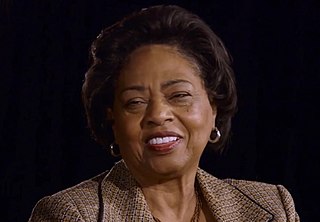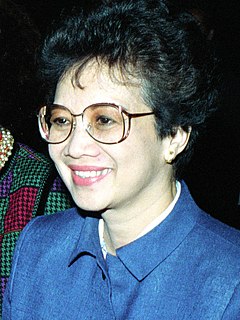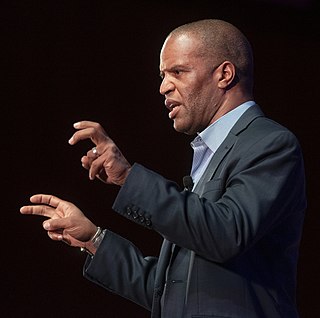A Quote by Kerry Kennedy
Dr. King gave his life to peace and justice and reconciliation between people, black and white, rich and poor, and he was a great hero for not only people who were oppressed in our country but for people who believed in justice both here and around the world.
Related Quotes
There is no peace in Southern Africa. There is no peace because there is no justice. There can be no real peace and security until there be first justice enjoyed by all the inhabitants of that beautiful land. The Bible knows nothing about peace without justice, for that would be crying "peace, peace, where there is no peace". God's Shalom, peace, involves inevitably righteousness, justice, wholeness, fullness of life, participation in decision-making, goodness, laughter, joy, compassion, sharing and reconciliation.
I believe in the law. I think we have a great system of justice. But I do think that system of justice has been corrupted by racism and classism. I think it's difficult for 'poor people' - poor white people, brown people - to be treated fairly before the law in the same way that upper-class people are.
I don't think Dr. King helped racial harmony, I think he helped racial justice. What I profess to do is help the oppressed and if I cause a load of discomfort in the white community and the black community, that in my opinion means I'm being effective, because I'm not trying to make them comfortable. The job of an activist is to make people tense and cause social change.
Paul's vision, though, is starting small, with actual communities in which reconciliation and justice has to be practiced - like the rich/poor distinction in the Corinthian church, for instance, or the projected reconciliation between Philemon and Onesimus. But he clearly believes (Ephesians 3) that communities like this send a signal to the wider world that Jesus is Lord - which is aimed at then the whole world coming into line.
Ajamu Baraka is a human rights advocate and an international human rights advocate, who's been defending racial justice, economic justice, worker justice, indigenous justice, and justice for black and brown people all over the world, and in the United States has been helping to lead the charge against the death penalty here, and is an extremely eloquent and empowering person. And one of the great things about running with him is that we speak to all of America.
He was a worshiper of liberty, a friend of the oppressed. A thousand times I have heard him quote these words: 'For Justice all place a temple, and all season, summer.' He believed that happiness is the only good, reason the only torch, justice the only worship, humanity the only religion, and love the only priest. He added to the sum of human joy; and were every one to whom he did some loving service to bring a blossom to his grave, he would sleep tonight beneath a wilderness of flowers. . . .
I want you to understand that racial justice is not about justice for those who are black or brown; racial justice is about American justice. Justice for LGBT Americans is not about gay and lesbian justice; it's about American justice. Equality for women isn't about women; it's about United States equality. You cannot enjoy justice anywhere in this country until we make sure there is justice everywhere in this country.
One of our people in the Native community said the difference between white people and Indians is that Indian people know they are oppressed but don’t feel powerless. White people don’t feel oppressed, but feel powerless. Deconstruct that disempowerment. Part of the mythology that they’ve been teaching you is that you have no power. Power is not brute force and money; power is in your spirit. Power is in your soul. It is what your ancestors, your old people gave you. Power is in the earth; it is in your relationship to the earth.
If we have learned anything in the past ten years, it is that these lovely things about America were never lovely. We have been expansionist and aggressive and mean to other people from the beginning. And we've been aggressive and mean to people in this country, and we've allocated the wealth of this country in a very unjust way. We've never had justice in our courts for the poor people, for black people, for radicals. Now how can we boast that America is a very special place? It's not that special. It really isn't.
Dr. King organized the Poor People's Campaign in 1968 to shut down Washington, D.C. and force legislators to tackle poverty. His efforts to shift focus from civil to silver rights were interrupted by his untimely death. He fought ardently for Black rights, but he also recognized financial literacy as the key to an America that was truly free for all people.






































